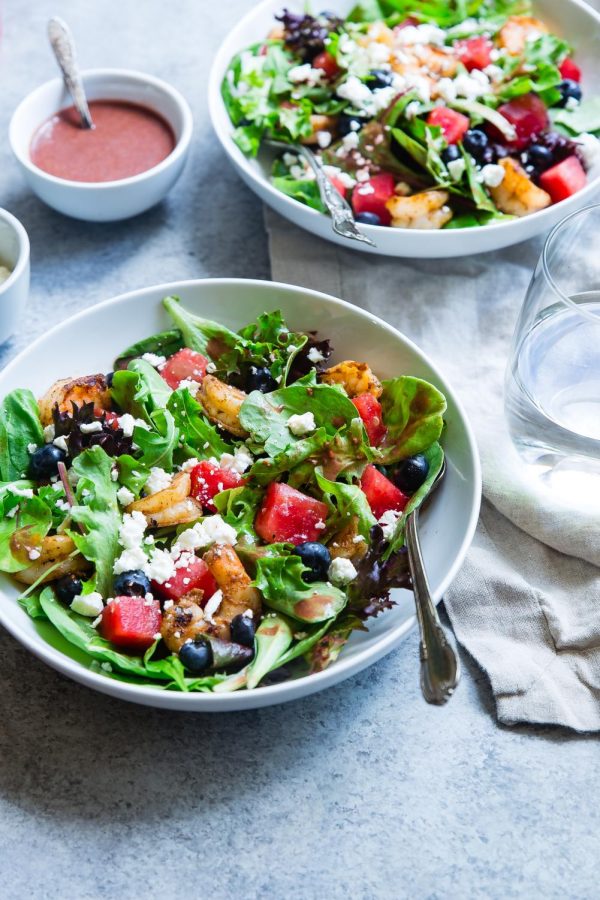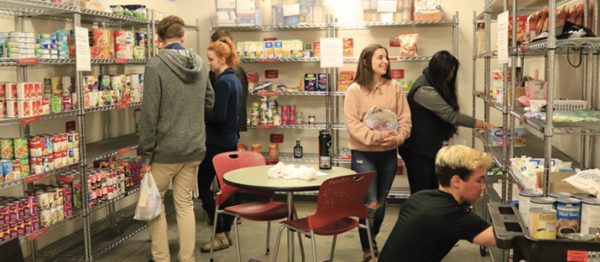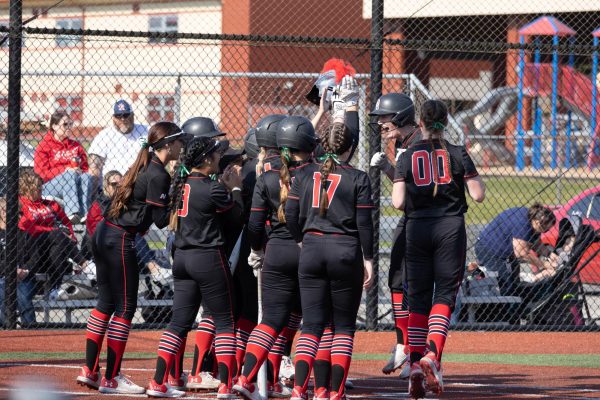How Does Starting School Affect Students Diets
A healthy meal comes in many shapes and sizes, but you can never go wrong with leafy greens and fresh vegetables!
As a college student, you will constantly find yourself running out the door to get to class, followed by work, athletics, clubs, or any other activity you may be involved in. Time consuming events that will have you waking up at one moment and crawling back into bed to do it all over again in the next. In this hecticness, we often forget about some important tasks that are so basic they become forgettable. These tasks are eating and drinking.

“If students are looking for optimal health, ”then their options fall between packing a lunch, pre-made sandwiches in the book store, or a nearby Starbucks,” says Nicole Merriam, a Nutrition 101 teacher here at EvCC. These options make it very difficult for busy students to find nutritional food to meet their own dietary goals when the options around them are heavily processed meals.
Sophomore softball player, Charis Jones laments; “School starting back up has impacted my diet negatively. I feel like I don’t have the time anymore to be planning out my meals as much, and it’s super easy for me to just grab the thing that I know I can get in my stomach the fastest.” While a victory some days as a student can even be getting a regular three meals in, it is also important that your body does have nutrition standards that need to be met in order to function properly.
Jones also gave her two cents on ways she’s started to make that happen for herself saying, “I’ve had to adapt to that mindset by making things like apples and strawberries more available to me at the moment.” Making these little steps for when you’re in a rush instead can drastically affect your long term health. A bag of pre-washed and sliced apples will fill you up a lot more than a bag of chips.
Don’t let this discredit the short term effects of proper nutrition. Your body will responds with increased focus and natural energy bursts when given what it needs. Freshman civil engineering major, Joe Feider, remarks; “I feel so much better when I make myself food or can eat something my family cooks compared to just grabbing a subway sandwich on the way to the gym.”
In fact, the CDC (Center of Disease Control and Prevention) reports, “Eating a healthy diet and being physically active not only can improve the health of students but also improve their academic achievement.” Proper nutrition goes beyond a societal goal of a Greek god tailored body, but in fact is simply how to properly fuel our bodies to live our everyday lives to the best of our abilities.
For those going the extra mile, meal prepping is an excellent strategy that Nicole Merriam endorses as well. Merriam proclaims, “as a student, something as simple as a small ice box or cooler can have a massive impact on your daily food intake.”

One of those students who takes that initiative is freshman volleyball player, Devon McHenry. She states, “some adaptations I’ve made is every Sunday planning dinners for the week, and then going shopping with those meals in mind” McHenry continues saying she wants to further prioritize breakfasts and lunches which can be hard to plan for, but very necessary.
The old saying “breakfast is the most important meal of the day” is just the tip of the iceberg. A good morning meal can subsequently do wondrous things for you in the rest of the hours of the day. McHenry offers a tip to those who possibly feel overwhelmed by the prospect of planning something as conspicuous as what you’ll be eating throughout the day stating, “similar to succeeding in anything, organization and planning will go a long way. It takes away certain stresses in making a meal.”
While student nutrition is often overlooked, it’s possibly the most pivotal part of our day. As we get deeper into the year and the McDonalds dollar menu starts to sound easier and more tempting, remember, a more nutritious option will help guide you to a healthier and happier lifestyle.

How does the Clipper fit into your long term goals?
The Clipper gives me real newspaper experience that can help me determine if this is a life long passion...








